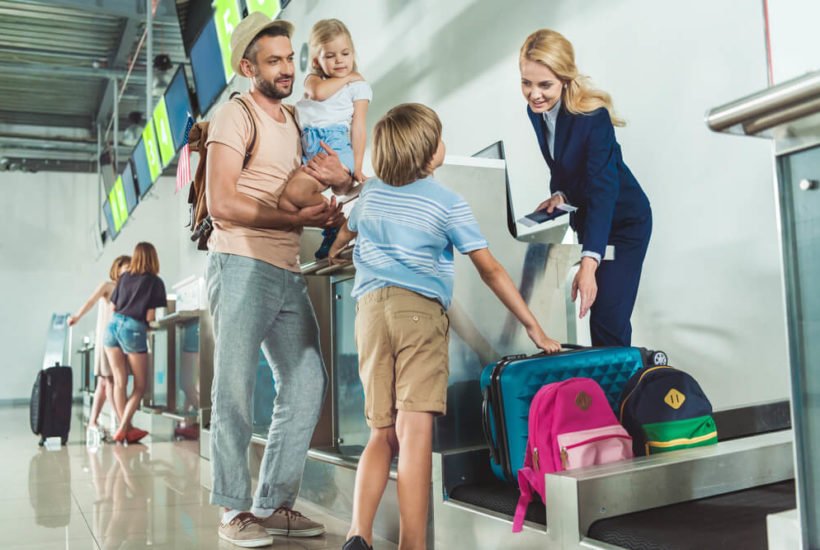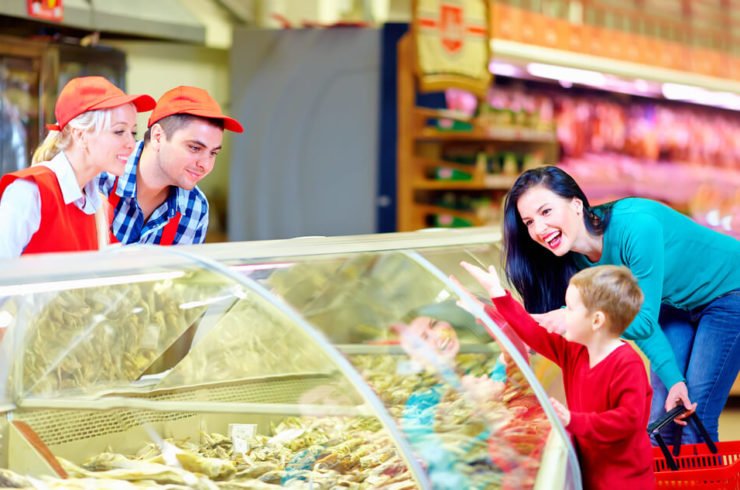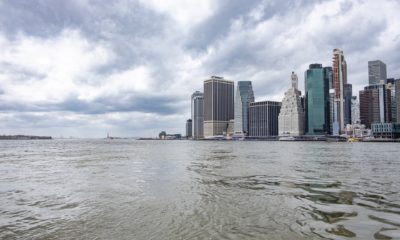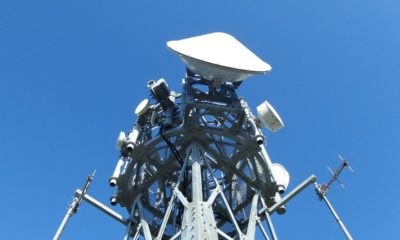Business
The best family travel advice for the year ahead
One year ago, Away is Home launched as a weekly syndicated column. (Happy Birthday, Away is Home!) And in that time, one question keeps coming up from readers: “Chris, what’s the best family travel advice you have?”

I’ve spent an hour talking about the subject of family travel advice on NPR. I’ve corresponded with other family travelers for hours. But more importantly, in the years that I’ve been on the road, my kids — ages 12, 14, and 16 — have shared their best family travel advice with yours truly. Lucky me!
Here’s the thing: There’s no best family travel advice. Everyone’s experience is different, just like everyone’s family is different. But there are, to put it in business jargon, a few best practices. OK, call it “best advice” if you want.
So as this feature turns one, I thought I’d review the best family travel advice I’ve dispensed in the past year. If I had to sum it up, here’s what I’d say: Take care of your basic needs, mind your manners and explain the reason for your trip to the fam. Everything else is details.
You can never get enough entertainment, food — or rest
When people hear that I’ve been traveling with three kids for the last eight years, they often ask me the secret to keeping it together. I don’t hesitate.
“Give them plenty of food and rest,” I say.
I know, I sound like a doctor. But let’s unpack that advice a little.
When you’re traveling, you’re surrounded by food. Junk food. Burgers, fries, hot dogs, chips — they are filled with chemicals and preservatives and make kids irritable.
That’s why I always stock up before I go anywhere. Quiz your kids about their favorite foods — make sure the choices are healthy — and then buy twice what you think you need. I guarantee it’ll be gone by the time you arrive.
Rest is important too. Most serious fights between siblings break out after a deficit of rest — a long plane ride, a marathon drive.
Boredom can be a factor. That’s why I recommend a device thoughtfully stocked with movies and documentaries. More important, bring books. Real books that don’t require a screen or batteries. Because devices run out of power, and you can only stare out the window for a finite amount of time.
In other words, take care of your basic needs. If you fail to do so, you’ll pay the price soon. Can you say “chaos”?
Politeness can take you far
As a consumer advocate, I often talk about the value of politeness when you’re trying to resolve a dispute. But it’s never more important than when everyone else is being rude.

Case in point: Last year, my kids and I were stuck in New York’s JFK airport when JetBlue Airways canceled a connecting flight back home. I stood in a long line and watched in horror as angry passengers chewed out the ticket agents.
After a one-hour wait, it was our turn. I took a deep breath and, even though I wanted to give the agent a piece of my mind, I turned on the charm. JetBlue (with an assist from my capable travel agent) quickly fixed the problem, covering a hotel and meals, and paying for my next flight out. Something tells me the yellers didn’t get the same treatment.
My kids have watched and learned. In 2017, when we cruised on a small ship called the <em>Chichagof Dream</em> in Alaska’s Inside Passage, the words “please” and “thank you” opened a lot of doors, sometimes literally. My daughter, who loves to cruise, spent most of the trip on the bridge chatting with the captain.
Why are you traveling?
A lot of family travel “experts” will tell you that preparation means packing the right items — food, entertainment, extra bottles of water. And while that’s important, successful family travel is about far more than loading the kids up with movies and letting them veg out in the back seat.
Tell your family where you’re going and why it matters. Why is this trip important? For example, on a recent drive to Monterey, Calif., we took the scenic route via Highway 1. I explained the significance of Hearst Castle, where we began the trip. I reviewed the history of the area, and how it was settled by the Chumash people before becoming part of California. And we learned plenty about Hearst, the newspaper baron whose name still appears on one of Dad’s paychecks.
We had a similar conversation about the Overseas Highway, another stunningly beautiful drive from Key Largo, Fla., to Key West. I told them about “Flagler’s Folly” — a rail link from Key West to the mainland. You can still see the old bridges from the road today. And I had plenty of stories about scuba diving in the shallow reefs of the Atlantic when I was a dive instructor in the ’90s.
Of course, my daughter would inevitably ask, “How long is this going to take, Dad?” But I explained to her that the trip would be worth it — and it always was.
The point is, unless the kids look for the abandoned railway bridges or listen for the elephant seals, they’ll miss some of the best parts of your trip. So yes, stock up on food and water, but make sure they also have the information they need.
The best family travel advice I’ve heard and given comes down to three simple things. Take care of the basics, use your “pleases” and “thank yous,” and never leave your family in the dark. You can thank me later.
(Featured image by DepositPhotos)
—
DISCLAIMER: This article expresses my own ideas and opinions. Any information I have shared are from sources that I believe to be reliable and accurate. I did not receive any financial compensation for writing this post, nor do I own any shares in any company I’ve mentioned. I encourage any reader to do their own diligent research first before making any investment decisions.

-

 Business2 weeks ago
Business2 weeks agoFed Holds Interest Rates Steady Amid Solid Economic Indicators
-

 Crypto14 hours ago
Crypto14 hours agoBitcoin Surges Toward $110K Amid Trade News and Solana ETF Boost
-

 Fintech1 week ago
Fintech1 week agoMuzinich and Nao Partner to Open Private Credit Fund to Retail Investors
-

 Crypto4 days ago
Crypto4 days agoBitcoin Traders on DEXs Brace for Downturn Despite Price Rally
























